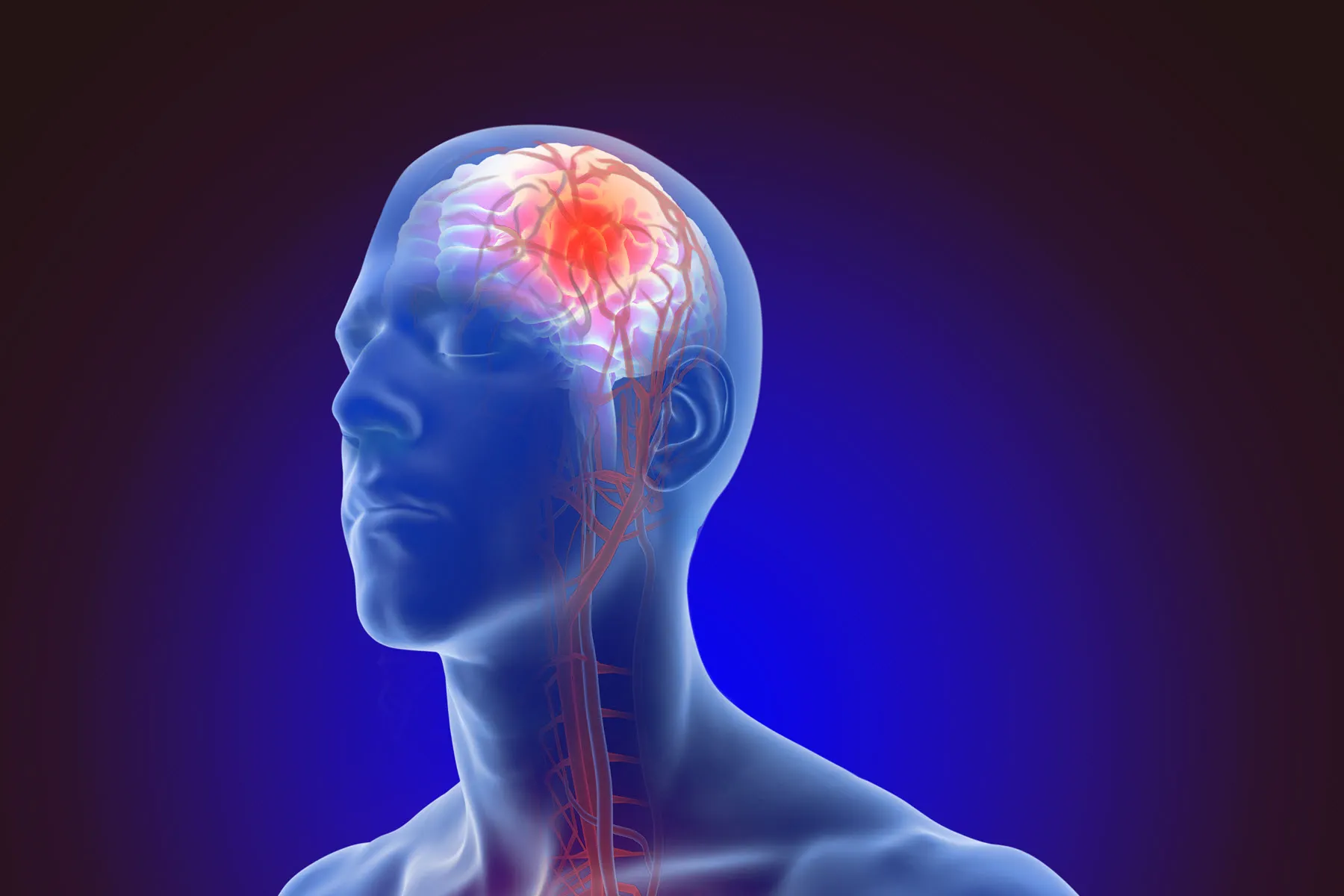
Compared to participants with no depressive symptoms, those with scores of one to three had a 39% increased stroke risk. Those with scores of more than four had a 54% higher risk, after the researchers accounted for demographic factors.
from WebMD Healthhttps://img.webmd.com/dtmcms/live/webmd/consumer_assets/site_images/article_thumbnails/blog_posts/heart-health/1800x1200_brain-stroke.jpg https://ift.tt/34Tj2AQ
via IFTTT








0 comments:
Post a Comment